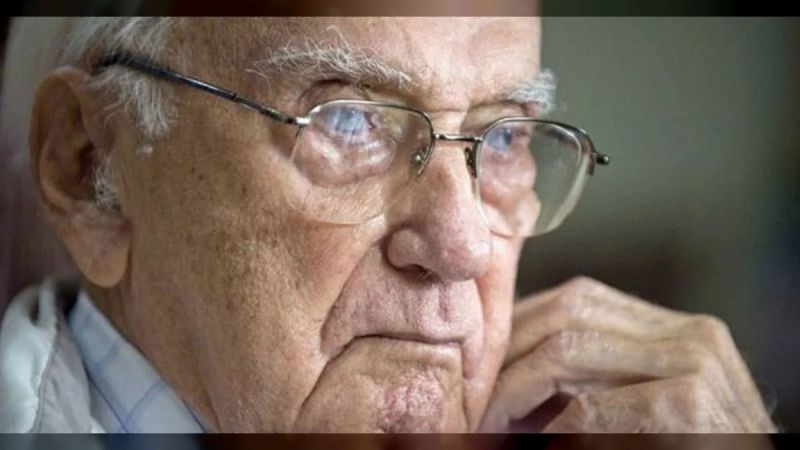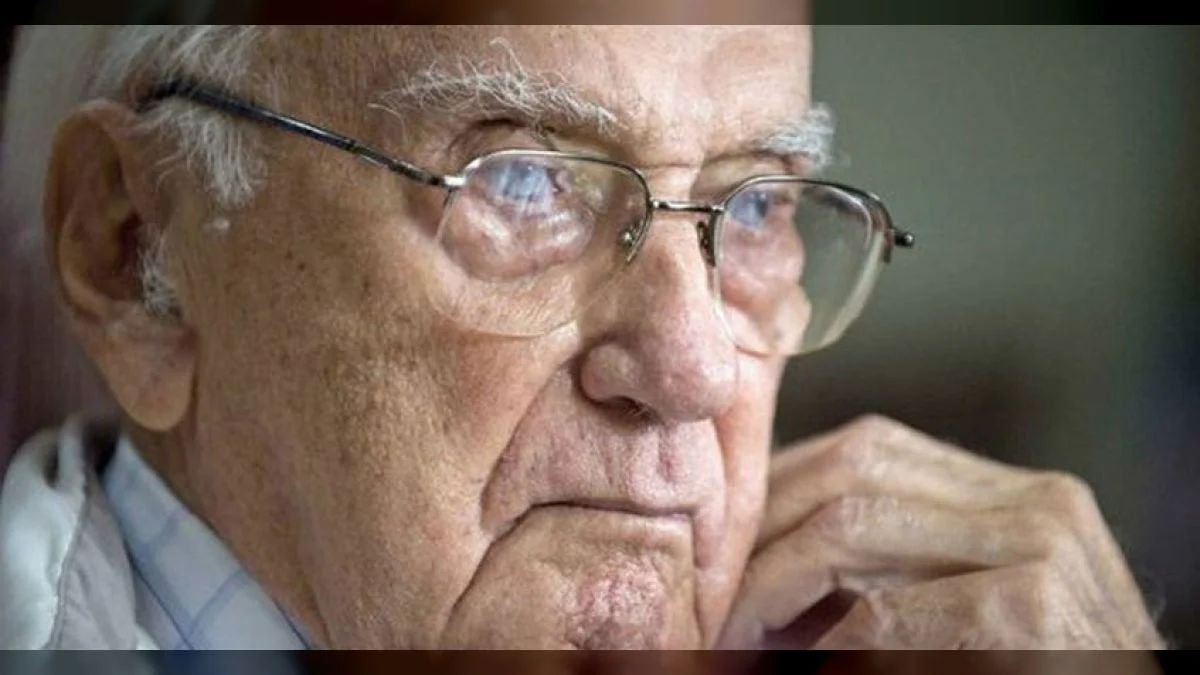Jacinto Convit: Humanist legacy in Venezuelan medicine (+birth)


Internet

Published at: 11/09/2024 08:00 AM
Dr. Jacinto Convit was born in Caracas, Venezuela, on September 11, 1913. From a very young age, he excelled in his studies, performing well in subjects such as philosophy and mathematics.
In 1932 he began his medical studies at the Central University of Venezuela (UCV). Later, he studied in the United States where in 1950 and 1951 he obtained bachelor's degrees in chemistry at the University of Delaware, while in 1954 he had a doctorate in chemistry at Tulane University in Louisiana, Telesur reported.
Convit developed the vaccine against leprosy and Leishmaniasis (a parasitic disease transmitted by a mosquito bite). He also carried out numerous investigations on cancer for which he tried to find a cure.
He collaborated on numerous works that focus on the biochemical and microbiological aspects of leprosy and presented an original method of differentiating between M. leprae and other microbacteria.
After his research in infectious and parasitic diseases, Convit had been developing research in recent years in the establishment of immunotherapy procedures in cancer pathology.
His dedication and effort to medical science was recognized by the world in 1988, when he was nominated for the Nobel Prize in Medicine. Additionally, he was director of the Collaborating Center for Reference and Research in Histological Identification and Classification of Leprosy. Since 1971, he has been a member of the Council of the Faculty of Medicine since 1973 and of the Research Promotion System in 1994; and he received the José Gregorio Hernández Award twice. The Venezuelan Medical Federation medal in 1987 and the “Health for all in the year 2000" medal by the Pan American Health Organization (PAHO), as well as the Prince of Asturias award and the Legion of Honor in France.
The last years of his life were dedicated to achieving a cure for cancer. “It doesn't take away my dream to win the Nobel Prize, but to find a cure for cancer,” he went on to say.
His last study was published in 2013. On May 12, 2014, a few months before his 101st birthday, this great Venezuelan humanist scientist who planted himself in the heart of the people died.
Mazo News Team